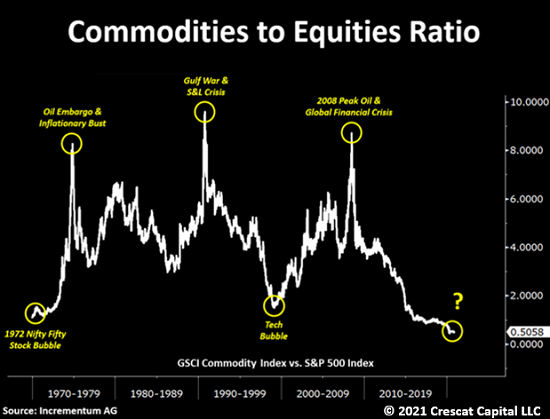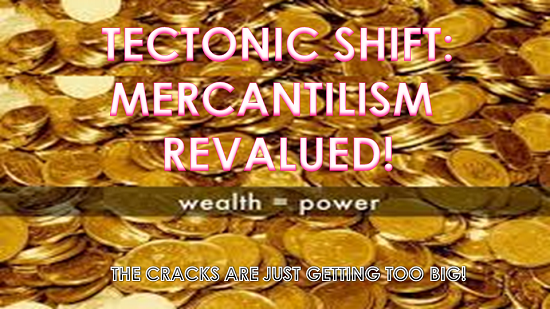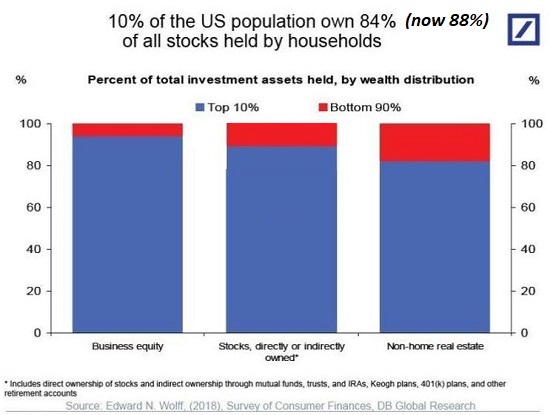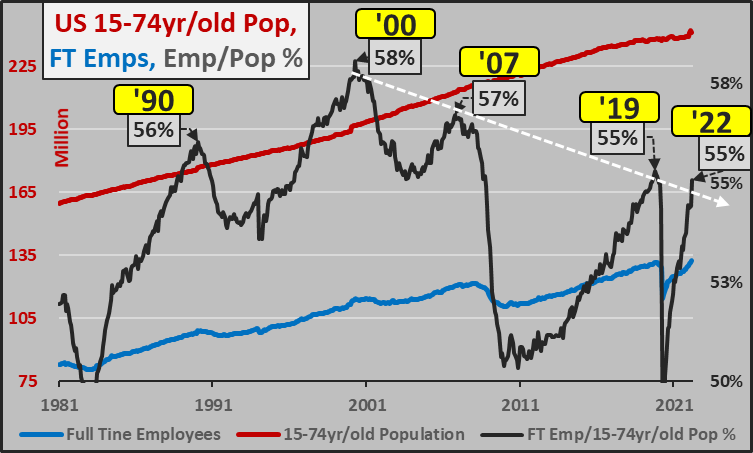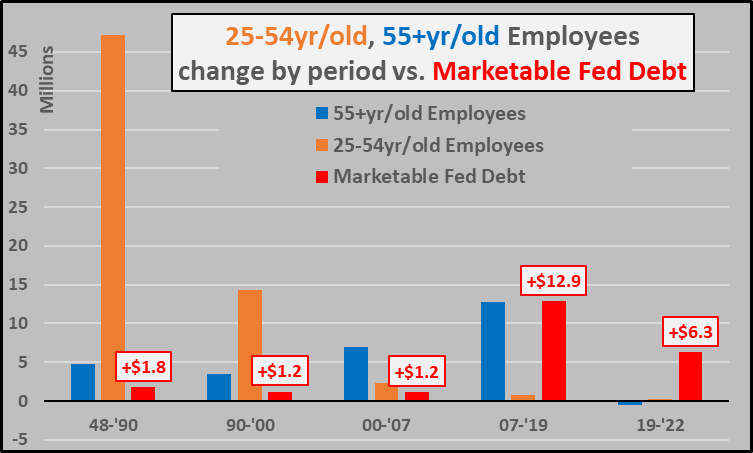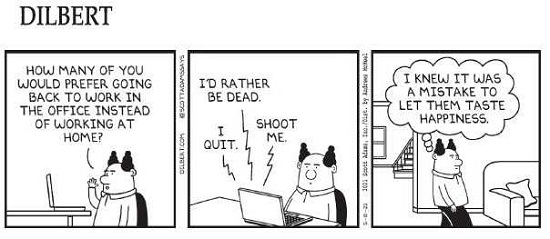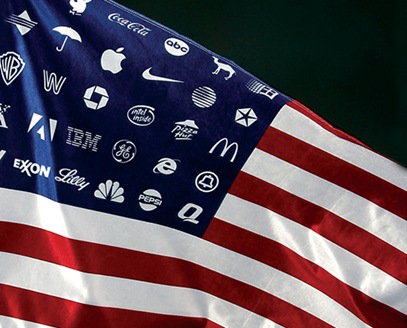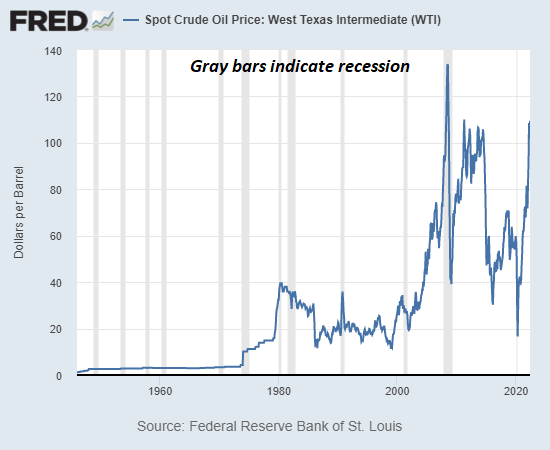Why the Housing Bubble Bust Is Baked In
Putting this all together, it's clear that the source of the current housing bubble is the explosion of
financial speculation fueled by central bank policies.
Those benefiting from speculative bubbles have powerful incentives to deny the bubble can bust.
Rationalizations abound as bubbles inflate, and the continued ascent of speculative bets seems to "prove" the
rationalizations are correct.
But bubbles arise from speculative excesses, and once these reach extremes and reverse, bubbles burst
and all the self-serving rationalizations are revealed as rationalizations.
Let's start with some caveats I've already covered in
Is Housing a Bubble That's About to Crash? (May 2, 2022):
1. Housing is local, so there may be locales where prices are still rising due to unquenchable demand and
low supply and other places where demand is low and supply ample where prices plummet.
2. The wealthiest 1% on a global scale is a very large number, and wealthy buyers seeking a safe haven in
North America come with cash and don't
care about mortgage rates. Desirable enclaves could see home prices climb even as the national bubble pops.
(World population: 7.8 billion X 1% = 78,000.000 or roughly 30,000,000 households.)
3. Wealthy investors are holding a large number of dwellings off the market as investments. These empty units
consequentially reduce the supply in desirable locales, and create an artificial scarcity that would not exist
if central banks hadn't inflated the Everything Bubble.
4. The number of homes bought by corporations has soared. This has driven demand in many markets, but if
rents dive due to recession, corporate buyers become corporate sellers.
With those caveats out of the way, let's look at the foundation of home ownership for the bottom 95%:
income and mortgage rates. As mortgage rates rise, more income must be devoted to the monthly payment.
If household income lags the increase in housing prices, price eventually exceed what the bottom 95% can afford
once mortgage rates rise.
The first chart below is the national Case-Shiller Index. Note that housing prices have soared 63.6%
since the previous housing bubble peak in 2007, outpacing inflation (up 41%) and median household income (up 34%),
the second chart.
The third chart shows mortgage rates have broken out of a 37-year downtrend. It is noteworthy that mortgage
rates were in the 7% to 8% range in previous economic booms (late 1960s, the 1990s) but now 6% mortgages are
considered the end of the world. That suggests a dependence on cheap money / low rates is the primary support of
the current bubble rather than an organic economic expansion such as we enjoyed in the 1990s.
Courtesy of my colleague CH at Econimica,
the next three charts shed light on housing fundamentals.
The first Econimica chart shows the rate of growth in population, employment and housing units. The U.S. population
increased by a scant 1.5 million since 2019, the number of employed was flat and the number of housing units
increased by 2.8 million.
The second Econimica chart shows the Fed Funds Rate (FFR), the staggering increase of mortgage-backed securities
purchased by the Federal Reserve to keep mortgage rates low (from zero to $2.7 trillion), declining rate
of population growth year-over-year and the remarkable rise in the number of housing units under construction.
The third Econimica chart shows housing units per capita (per person), which has reached the same level as the
previous housing bubble peak in 2007-08.
As CH observed: "Housing units (per capita) against US population should suggest not a shortage of housing units
but a surplus of dollars with which to buy them."
Putting this all together, it's clear that the source of the current housing bubble is the explosion of
financial speculation fueled by central bank policies. Housing prices that far exceed the growth of household
incomes are not sustainable, and neither are housing prices that rose solely on the basis of unprecedentedly low
mortgage rates.
It's also clear that those with access to the (temporary) wealth created by central banks' trillions in new credit
have poured many of these "free money" trillions into housing globally as a hedge against inflation, a safe-haven
investment or for corporations, for rental income. All of these factors exacerbate an artificial demand and
equally artificial scarcity.
As I've noted in the past, bubbles typically manifest a symmetry in their ascent and decline. All the
gains are eventually reversed, and if the system is destabilized by the bubble bust, then prices drop far below
previous lows.
Setting aside rationalizations in favor of fundamentals, the housing bubble's bust is already baked in.
The Most Splendid Housing Bubbles in America, June Update: 'Deceleration' and 'Tipping Point' of the Raging Mania
Cost of Living Is Really All About Housing: Places where the rent really is too damn high.
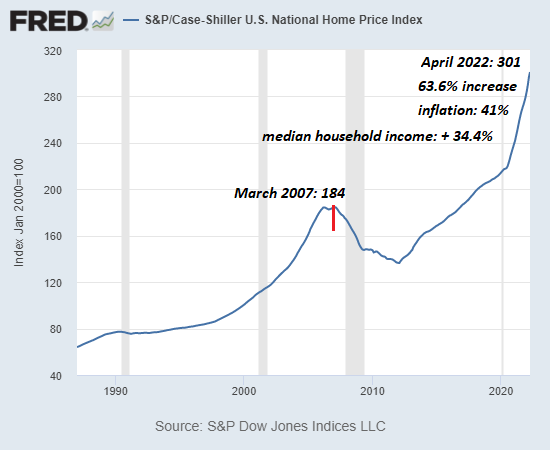
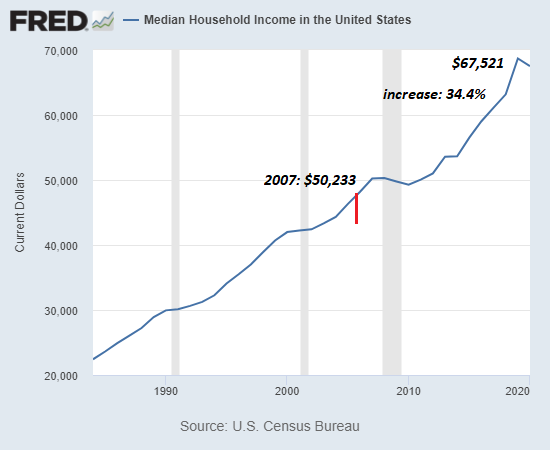
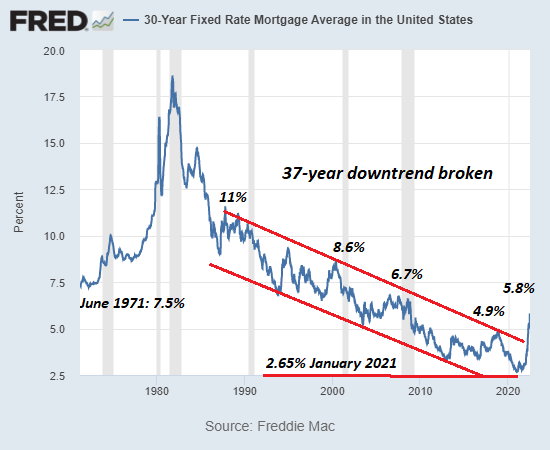
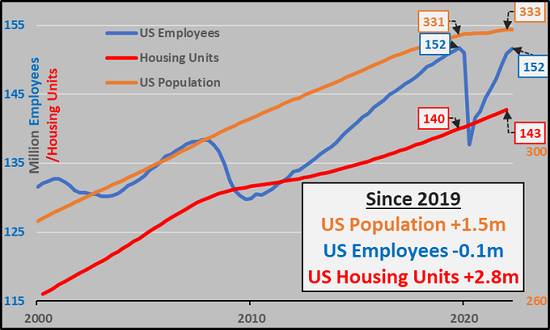
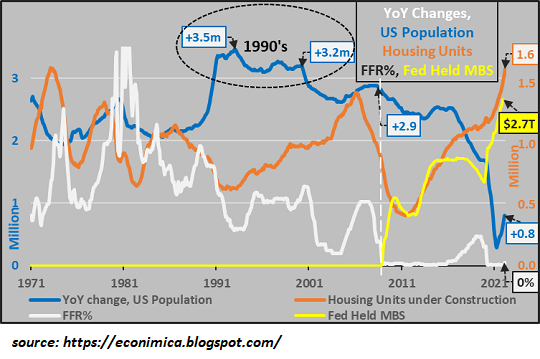
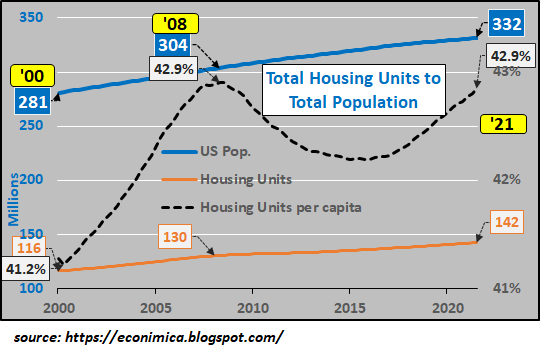
Recent podcasts/videos:
Tectonic Shift of Mercantilism Revalued (Gordon Long, Macro-Analytics, 42 min)
My new book is now available at a 10% discount this month:
When You Can't Go On: Burnout, Reckoning and Renewal.
If you found value in this content, please join me in seeking solutions by
becoming
a $1/month patron of my work via patreon.com.
My recent books:
Global Crisis, National Renewal: A (Revolutionary) Grand Strategy for the United States
(Kindle $9.95, print $24, audiobook)
Read Chapter One for free (PDF).
A Hacker's Teleology: Sharing the Wealth of Our Shrinking Planet
(Kindle $8.95, print $20,
audiobook $17.46)
Read the first section for free (PDF).
Will You Be Richer or Poorer?: Profit, Power, and AI in a Traumatized World
(Kindle $5, print $10, audiobook)
Read the first section for free (PDF).
Pathfinding our Destiny: Preventing the Final Fall of Our Democratic Republic
($5 Kindle, $10 print, (
audiobook):
Read the first section for free (PDF).
The Adventures of the Consulting Philosopher: The Disappearance of Drake
$1.29 Kindle, $8.95 print);
read the first chapters
for free (PDF)
Money and Work Unchained $6.95 Kindle, $15 print)
Read the first section for free
Become
a $1/month patron of my work via patreon.com.
NOTE: Contributions/subscriptions are acknowledged in the order received. Your name and email remain confidential and will not be given to any other individual, company or agency.
|
Thank you, David G. ($25/month), for your beyond-outrageously generous pledge to this site -- I am greatly honored by your support and readership. |
Thank you, Leslie L. ($10), for your much-appreciated generous contribution to this site -- I am greatly honored by your support and readership. |
|
|
Thank you, Martin S. ($5/month), for your splendidly generous pledge to this site -- I am greatly honored by your support and readership. |
Thank you, Josh ($5/month), for your marvelously generous pledge to this site -- I am greatly honored by your support and readership. |



















